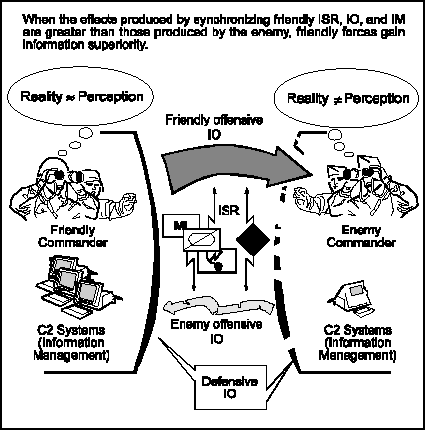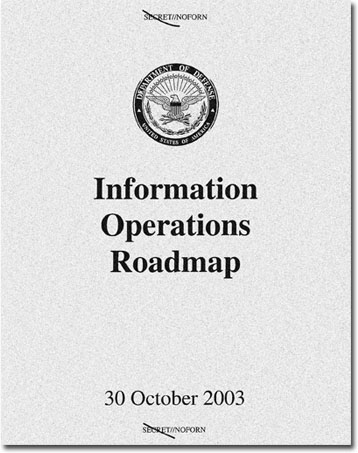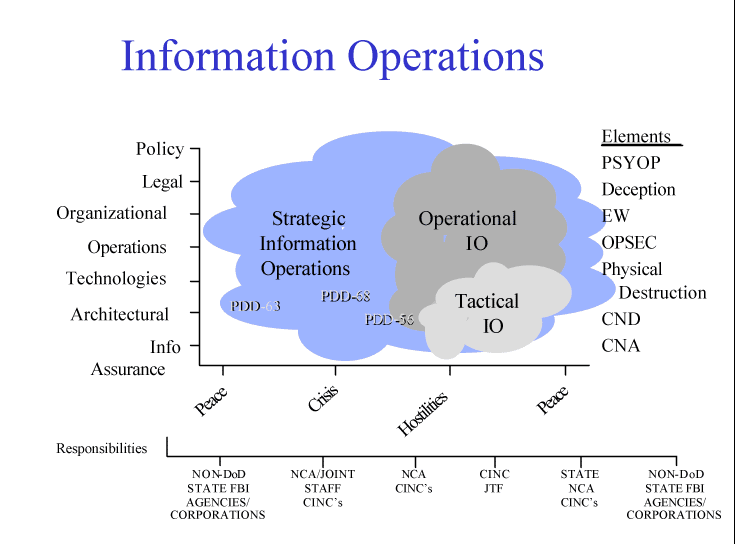Siloviki and Turkish Generals Building a Pan-Turanism ?
Saturday, May 31st, 2008A recent report from The Jamestown Foundation put a spotlight in the activities of Neo-Eurasian ideologist, the politically connected extremist Aleksandr Dugin, to build bridges with Turkey’s Pan-Turkic movement:
“….On the one hand, attempts are made to turn the two “Eurasias” into allies rather than competitors; on the other hand, there has been a Dugin-style ideologization of the term in response to American ascendancy. The question is whether the concurrence of these two modes of “Russification” of the Turkish Avrasya is incidental, or whether they are two sides of the same coin. In the 1990s, articles on the Turkish variety of Avrasya systematically criticized Russian Eurasianism; in the early 2000s, the tone changed noticeably. Several Turkish advocates of a more militant Eurasianism called upon their fellow citizen to emulate Russia in developing a specifically Turkish interpretation of this concept [6]. In 2002, at the conference “How to Establish a Peace Belt around Turkey” held by the Military Academies Command, the secretary general of the National Security Council, General Tuncer Kilinc singled out Russia as Turkey’s most strategic partner. In 2005, Turkish analyst Anar Somuncuoglu from the Russia-Ukraine Research Department at the National Security Strategies Research Center (TUSAM) published an article in Strateji Dergisi proving the need of rapprochement with Russia [7].
The term Avrasya has also become popular with religious circles that were not previously linked to the pan-Turkic extreme right. Thus the modernizing Islamists around Prime Minister Erdogan have been publishing the newspaper Avrasya kusagi since 2000, and partisans of a Turko-Islamic synthesis edit Yeni Avrasya [8]. Fethullah Gulen’s movement publishes DA Diyalog Avrasya in Russian and Turkish, which has already carried several interviews with Dugin [9]. Other proponents of this movement include the Ahmed Yasawi Foundation and the Marmara Group Foundation, directed by Akkan Suver, which regularly organizes “Eurasian economic summits.” In November 2006, this NGO was the first to be accorded an observer member status by the Parliamentary Assembly of the Black Sea Economic Cooperation (PABSEC). There are also two social-democratic newspapers-Avrasya Etnografya Vakfi and Avrasya Dergisi-as well as the above-mentioned Zaman [10].
Dugin participated in this reorientation in his own way, managing to have his book on geopolitics translated into Turkish (and Arabic). The translation was published in Ankara in 2003 as Rus Jeopolitigi Avrasyaci Yaklasim, and seems to have gone over well with part of the Turkish military.There have been several conferences on Eurasianism that called for cooperation with Russia, all of which included participants from the military. The first visit of the International Eurasianist Movement took place in December 2003. It received quite widespread media coverage in Turkey, due in particular to the presence of writer and journalist Atilla Ilhan (1925-2005). Over many decades, Ilhan consistently wrote on the subject of the Turkish-Russian alliance, even during the Cold War. Through his books, he popularized the idea of a Turkish-Russian alliance preordained by geopolitics and insisted on “Eurasianist” heroes such as Ismail Gasprinskii, Sultan Galiyev and Mulla Nur Vahidov [11]. This rapprochement between Dugin and Ilhan consequently helped Russian Eurasianism to reach some Turkish political and intellectual elite”
Read the whole thing here.
Of the obscure figures mentioned in the last paragraph, Gasprinskii was a Silver Age “jadid” ( Modernist) who sought an awakening of the Russian Empire’s Tatar-Turkic Muslim peoples; Vahidov and Sultan-Galiev, were Old Bolshevik Tatars who developed a Muslim variation of “national Bolshevism” that challenged Stalin’s ideas on Soviet nationalities ( Sultan-Galiev was ultimately shot during the Great Terror, unsurprisingly). These men represent historical failures whose intriguing ideas were suppressed by Tsarist and Stalinist authorities long before they could acquire political traction. Why is any of this important ?
In a nutshell, both Putin’s siloviki regime and Turkey’s Kemalist establishment are feeling the need for ideological rejuvenation these days, in the former case to fill a vacuum in the public mind left by the collapse of Soviet Communism and in the latter to fend off a creeping Islamism that is undermining Turkish adherence to hallowed, secular, Kemalist traditions. The Neo-Eurasianism of Dugin is a frankly authoritarian, anti-western and quasi-fascist witch’s brew and synthesizing it with the Pan-Turkism of Turkey’s own nationalist fringe can only be unhelpful to Western interests and the prospects for liberalism and democracy in the region.
 some and intimidating to others. New Media collapses traditional concepts of time and space as information moves around the world in an instant. Unlike traditional media,
some and intimidating to others. New Media collapses traditional concepts of time and space as information moves around the world in an instant. Unlike traditional media,  public diplomat, and persuader. Our adversaries understand and exploit this reality. Writing to
public diplomat, and persuader. Our adversaries understand and exploit this reality. Writing to  successes in the short run but having the global audience grdugingly concede that “the Americans speak the truth” adds momentum of every word, every idea and every action we undertake. It will not bring us love because oftentimes, our pursuing national interests will come at the expense of others but truth-telling will yield something more valuable, respect. No one cares to be treated as if they were a fool and most of the transparently self-serving gibberish official spokesmen offer up pays dividends only in contempt being added to the anger foreigners already feel at some of our policies. Credibility is to the war of ideas what COIN is to guerilla warfare and it is a valuable and exceedingly rare quality because once your credibility is lost, it is lost.
successes in the short run but having the global audience grdugingly concede that “the Americans speak the truth” adds momentum of every word, every idea and every action we undertake. It will not bring us love because oftentimes, our pursuing national interests will come at the expense of others but truth-telling will yield something more valuable, respect. No one cares to be treated as if they were a fool and most of the transparently self-serving gibberish official spokesmen offer up pays dividends only in contempt being added to the anger foreigners already feel at some of our policies. Credibility is to the war of ideas what COIN is to guerilla warfare and it is a valuable and exceedingly rare quality because once your credibility is lost, it is lost. programs, plausibly deniable third parties and used sparingly and with subtlety. The increasingly “radically transparent” world ensures that too many sophisticated eyes with all sorts of agendas will be analyzing our official spokesmen 24/7. The best will can hope to accomplish is effectively framing our public message to be truthful and compelling. Any meme that is verifiably false, if we believe we must put it out into the global media environment, cannot have a return address.
programs, plausibly deniable third parties and used sparingly and with subtlety. The increasingly “radically transparent” world ensures that too many sophisticated eyes with all sorts of agendas will be analyzing our official spokesmen 24/7. The best will can hope to accomplish is effectively framing our public message to be truthful and compelling. Any meme that is verifiably false, if we believe we must put it out into the global media environment, cannot have a return address.

